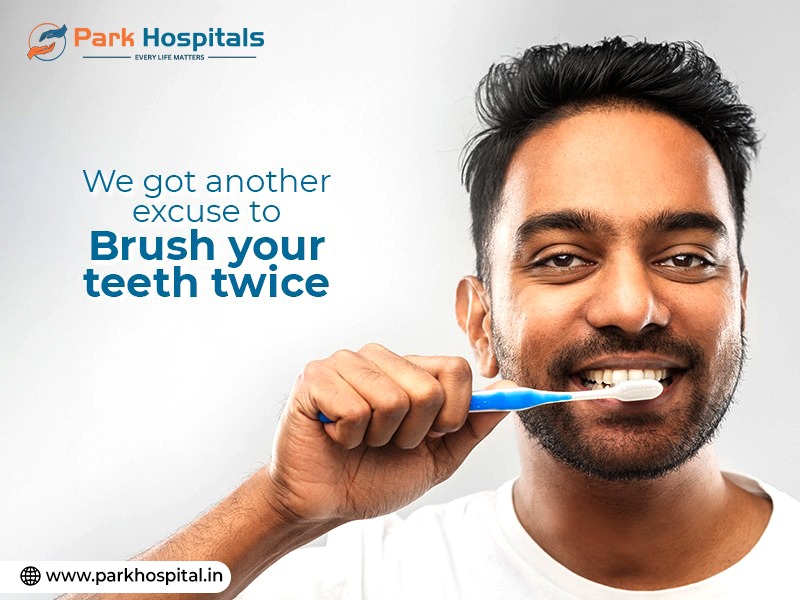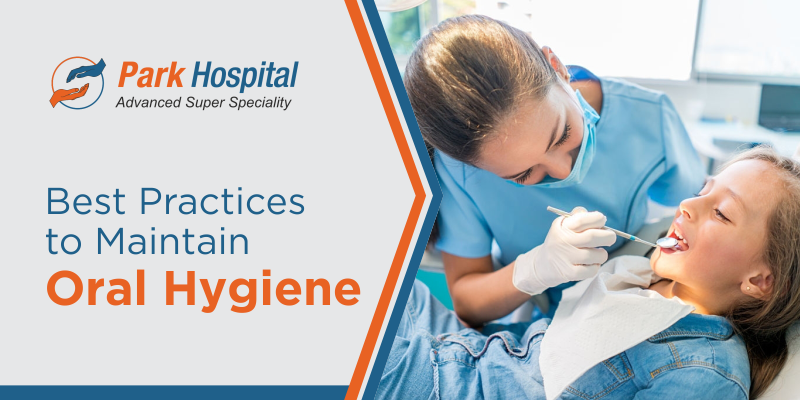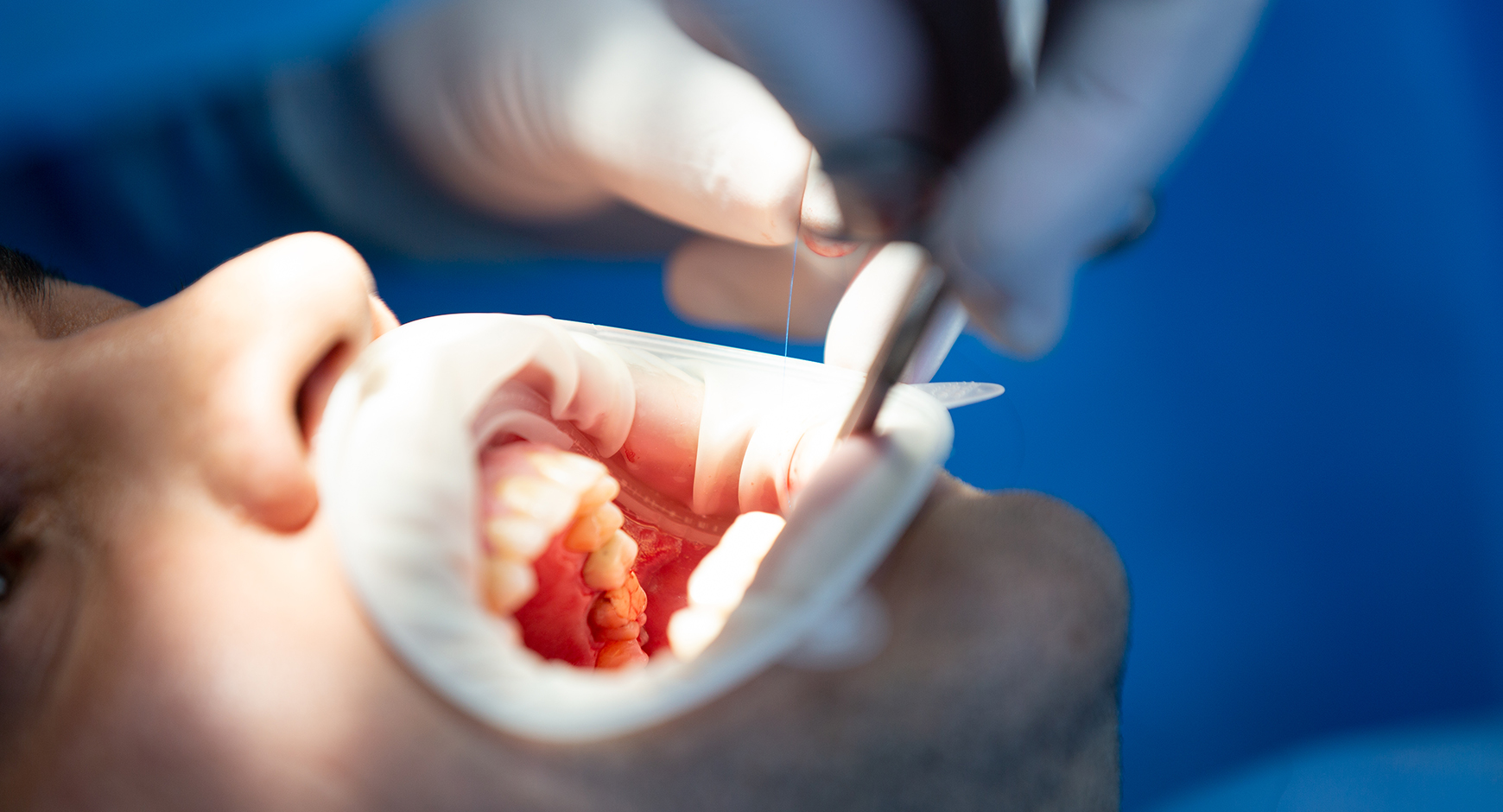If you're brushing twice a day and nothing seems wrong, it's tempting to put off that dental visit after all, what's the harm in waiting a few more months? But your mouth can be a bit sneaky. Issues like gum disease or tooth decay can build up quietly, with very few warning signs at first. That's why you must have proper research of "dentist near me" and go for regular dental check-ups, even when everything feels fine.
So, how often should you actually be seeing a dentist near you? And what symptoms should never be ignored? Let's take a closer look.
Is Twice a Year Enough?
For most people, visiting the dentist every six months is a good starting point. These routine appointments help catch problems early, give your teeth a professional clean, and offer advice tailored to your habits. It's not just about keeping your smile looking good, it's also about spotting the signs of more serious issues before they become harder to treat.
That said, not everyone's mouth is the same. Some people may need to go more often, especially if they've had ongoing issues.
You Might Need More Frequent Visits If…
Some situations call for more regular dental care. If any of the following apply to you, your dentist may suggest check-ups every three to four months instead of every six:
● You've had a root canal treatment in the past
● You're prone to cavities or plaque buildup
● You've been diagnosed with gum disease
● You smoke or chew tobacco
● You're pregnant (hormonal changes can affect your gums)
● You have diabetes or other medical conditions that affect oral health
More frequent visits aren't about selling you extra cleanings; they're a practical way to stay ahead of problems that could come back or get worse over time.
What Happens at a Routine Check-Up?
A typical dental visit isn't as intimidating as many people expect. It usually includes:
● A full look at your teeth and gums
● Checking for signs of gum disease, cavities, or other issues
● A professional cleaning to remove plaque or tartar
● Tips for brushing, flossing, and caring for your teeth at home
Sometimes, the dentist might also take X-rays if they need a better view of what's going on beneath the surface.
Signs You Shouldn't Ignore
The best dentist in Karnal at Park Hospital explains that even if it's not time for your regular check-up yet, there are certain symptoms that mean you should book an appointment as soon as possible.
1. Bleeding Gums
If your gums bleed when you brush or floss, that's not normal; it's often an early warning sign of gum disease. The sooner it's looked at, the easier it is to treat.
2. Ongoing Bad Breath
Everyone deals with the odd bit of morning breath, but if you're dealing with constant bad breath, there might be something deeper going on. Common reasons for bad breath include trapped food particles, plaque build-up, gum infections, or even digestive issues.
3. Tooth Pain or Sensitivity
Sharp pain or sensitivity to hot or cold drinks can be a sign of tooth decay, worn enamel, or an infection. If left untreated, it could progress to the point where a root canal treatment becomes necessary.
4. Loose Teeth or Receding Gums
If your teeth feel wobbly or your gums are pulling back from your teeth, it could point to advanced gum disease. This type of issue doesn't fix itself and usually gets worse if ignored.
What About Children?
Children should start seeing a dentist by their first birthday or when their first tooth comes in, whichever happens first. From then on, a visit every six months helps monitor development and create good dental habits early on.
It's also a chance to spot issues like overcrowding or bite problems before they need major orthodontic work.
Is It OK to Wait If Nothing Hurts?
This is where many people go wrong. Dental problems like cavities or gum infections often don't cause noticeable pain in the early stages. You might feel perfectly fine until you don't.
That's why regular check-ups matter. Your dentist can catch signs you wouldn't notice yourself, and treat them before they turn into something more serious or expensive.
Finding the Right Dentist Near You
Choosing the right dentist is just as important as showing up. Look for someone who:
● Makes you feel comfortable and explains things clearly
● Offers services like root canal treatment and gum care
● Is easy to reach for emergency appointments if needed
● Has good reviews or is recommended by people you trust
When you find the right fit, going to the dentist feels less like a chore and more like something you're happy to keep up with. You may choose a dentist from the medical experts at Park Hospital, and we make sure nothing is left behind.
Don't Wait for a Problem to Appear
Seeing a dentist regularly is one of the simplest ways to stay on top of your health, not just your teeth. Whether it's treating bleeding gums, identifying the reasons for bad breath, managing early gum disease, or avoiding the need for a root canal treatment, regular visits make all the difference.
So, if it's been a while since your last dental check-up at Park Hospital, consider this your friendly reminder. Even if your mouth feels fine, a quick visit now could save you a lot of trouble later.
Your teeth will thank you.
Also read: Reasons behind Digestive Issues and their Treatment
FAQs
1. How often should I visit a dentist near me?
Twice a year is usually enough for most people. Dentists recommend a check-up and cleaning every 6 months to spot issues early and keep your teeth and gums healthy.
2. Is it okay to see the dentist only once a year?
It depends on your oral health. If your teeth and gums are in good shape and your dentist agrees, once a year might be fine. But if you're prone to gum disease, cavities, or have had treatments like a root canal, twice a year is better.
3. What happens if I don't go to the dentist regularly?
Skipping visits can allow small problems to become bigger. Cavities may worsen, plaque can harden into tartar, and early signs of gum disease or even oral cancer may go unnoticed.
4. When should I schedule my child's first dental visit?
You should take your child to the dentist by their first birthday or within six months of their first tooth coming in. It helps prevent early decay and gets them used to dental care.
5. Can regular dental visits improve overall health?
Yes. Dental check-ups don't just protect your teeth—they can lower your risk of gum disease, which is linked to heart issues, diabetes, and other health problems. A healthy mouth supports a healthier body.




